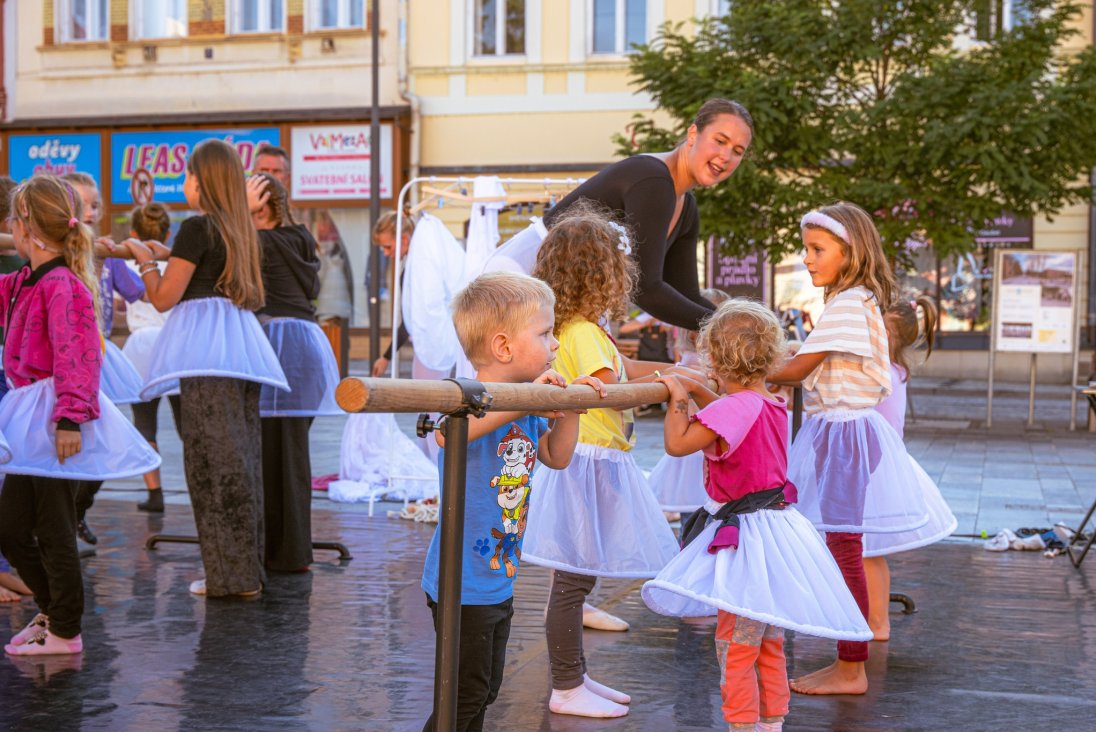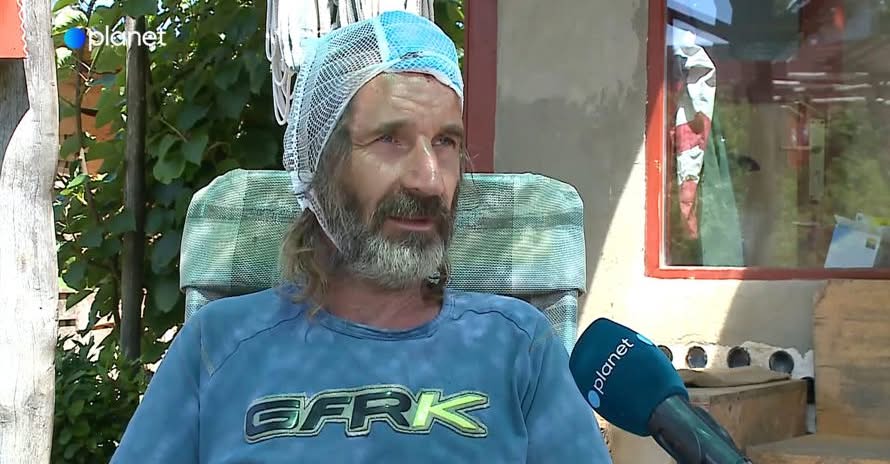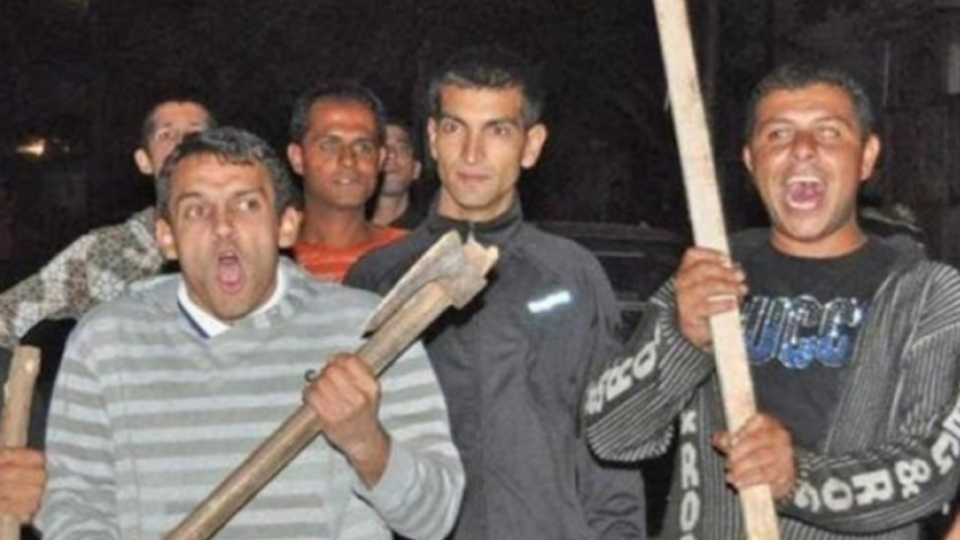The police have closed the investigation into the case of racist Czech political extremist party SPD posters from last year’s election campaign, in which the chairman of this opposition movement, MP Tomio Okamura, and the SPD as a legal entity are accused. The Novinky server wrote on Thursday evening that criminal investigators are now waiting for the party’s new representative to familiarize themselves with the investigation file. The police are accusing Okamura and the SPD of inciting hatred, which carries a penalty of up to three years in prison.
- Policie ukončila vyšetřování rasistických a xenofobních plakátů SPD. Okamurovi hrozí až tři roky vězení. In: Romea. 04.07.2025. https://romea.cz/cz/domaci/policie-ukoncila-vysetrovani-rasistickych-a-xenofobnich-plakatu-spd-okamurovi-hrozi-az-tri-roky-vezeni



















